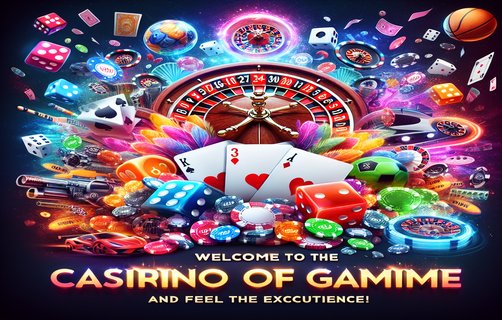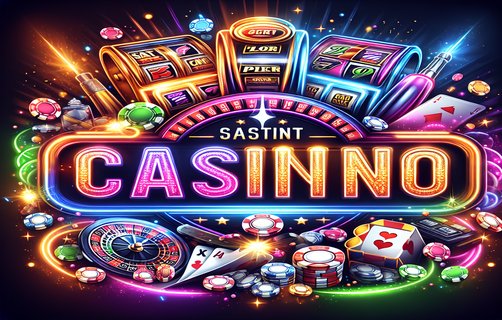The Psychology of Gambling: Understanding the Mindset Behind Blackjack, Poker, and Casino Strategies
In the vivid world of gambling, where chance and strategy intertwine, understanding the psychological aspects can significantly enhance both play and strategy. From the glamorous tables of Las Vegas-style casinos to the digital realms of online poker tournaments, each game utilizes a unique mindset, whether it’s the calculated risk of Blackjack or the dynamic strategies involved in Texas Hold'em poker. In this exploration, we will dissect the intricacies of these games, delve into gambling strategies such as the Martingale system, examine odds conversion, and adapt strategies for success, while also addressing the darker side of gambling, including problem gambling statistics.
Blackjack, often dubbed as the "Twenty-One" game, lends itself well to both beginner and seasoned players thanks to its blend of luck and skill. The objective is simple: beat the dealer by achieving a hand value closer to 21 without exceeding it. The psychological aspect of Blackjack lies in its inherent risk-reward dynamics. Players must assess their hands while gauging the dealer's visible card, a process that heavily involves probability assessment and risk management. Those who delve deeply into this psychological game often develop a heightened intuition regarding their next moves, becoming more adept at reading their emotions and the atmosphere at the table.
In the realm of betting strategies, the Martingale system emerges as a popular yet controversial approach. Players double their bets after a loss, operating under the assumption that they will eventually win back their losses. This method is deeply rooted in optimism and the gambler's fallacy—the belief that past events will influence future outcomes. While psychologically enticing, it often leads to significant financial risk. A player’s willingness to engage in this strategy often showcases their psychological mindset towards success and failure, as they chase losses without fully assessing the statistical probability of their success.
The concept of odds conversion provides another layer of understanding for gamblers. Knowing how to convert odds, whether fractional, decimal, or moneyline, empowers players to make informed decisions about how much to wager. From a psychological perspective, understanding these odds can reduce anxiety associated with betting. For instance, a player who perceives themselves as 'lucky' may overlook lower odds in favor of high-risk bets, ultimately leading to disappointment. Adapting strategies based on a realistic interpretation of odds serves to mitigate emotional responses and fosters a rational approach to both winning and losing.
Moreover, Vegas-style casinos thrive on the psychological elevation of excitement. The ambiance—the sounds of jangling coins, dim lighting, and the intoxicating scent of luxury—affects players' decision-making processes. The environment manipulates the psychological state of gamblers, often leading to impulsivity and heightened stakes. Those familiar with psychology note that the allure of these casinos triggers a dopamine response, creating a euphoric state that can cloud judgment. Understanding this behavior is crucial for players who wish to maintain control over their gambling habits.

As we transition to the online realm, online poker tournament news has become a prime focus for many amateur and professional players alike. The psychological dynamics shift as players are separated by screens, relying on virtual cues rather than physical tells. This can lead to a detachment that alters decision-making. Staying current on tournament news and player statistics is essential, as it informs strategic adaptations in play, allowing one to exploit psychological tendencies observed in opponents.

Finally, it is vital to address the darker aspects of gambling—specifically, the rising statistics related to problem gambling. The thrill of winning can quickly spiral into an addiction, driven by the same psychological principles that encourage play. Research indicates that nearly 1% of the population struggles with severe gambling addiction, while many more experience gambling-related issues. The urgent need for awareness and education regarding the psychological patterns that lead to addiction cannot be overstated. Addressing these concerns not only aids the afflicted but also enriches the broader understanding of gambling's psychological impact on the individual.
In conclusion, gambling is much more than playing cards or rolling dice; it is a complex interplay of psychology, strategy, and environment. Understanding these elements can lead to more informed decision-making and a healthier approach to gaming. Whether you're at a bustling casino or engaging in online poker tournaments, being aware of the psychological mechanics at play will enhance your gambling experience and help maintain a balance between risk and fun.
